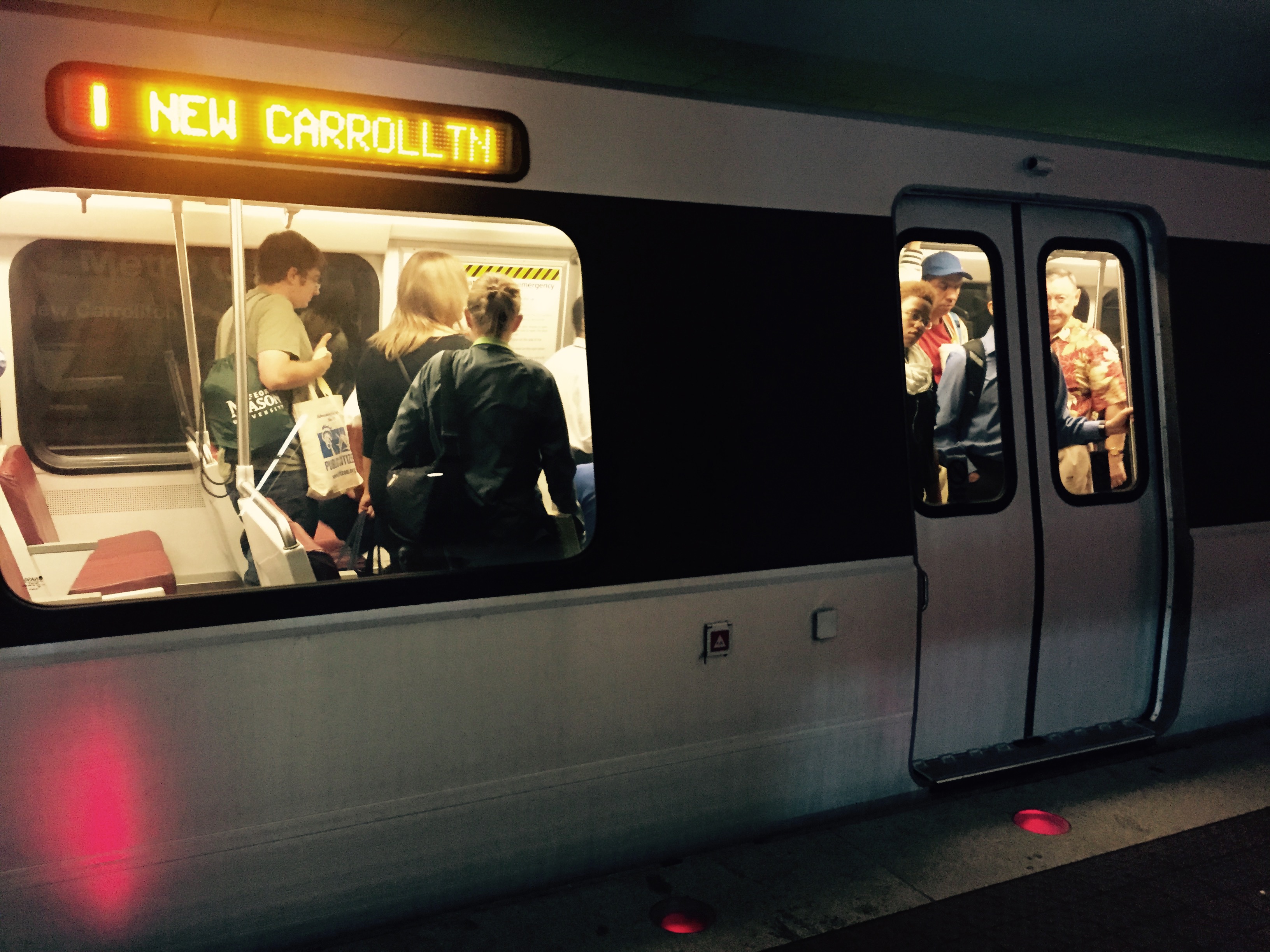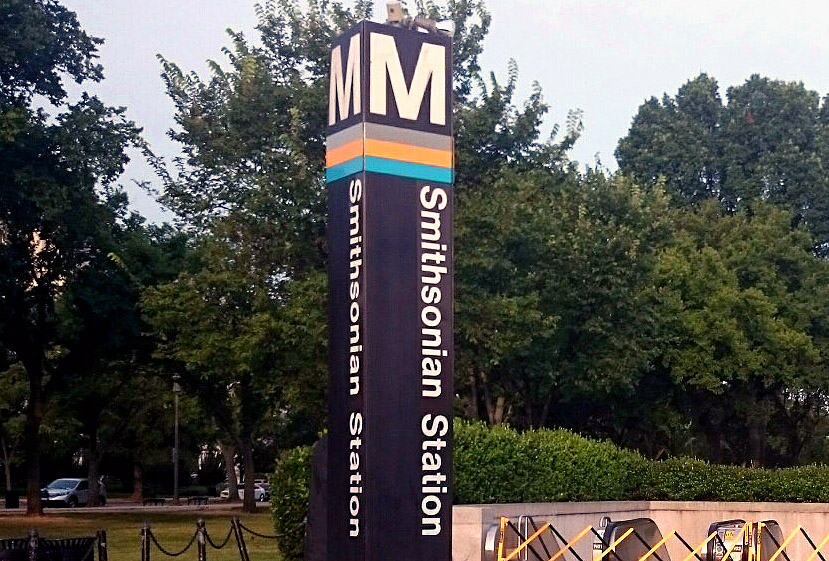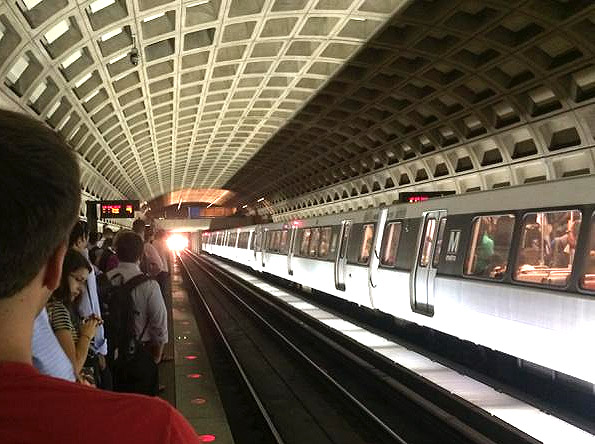WASHINGTON — It’s a confession you don’t hear often from Metro, but on Thursday the agency conceded that unreliable service is one of the reasons why ridership on Metrorail has dropped over the last three years.
Metro Interim General Jack Requa told reporters that the agency has hit a low point and it must begin to head in the right direction.
“We’ve obviously had our troubles in providing reliable service. I think people think about that when they know they have to go from point A to point B and they need to be there at a specific time,” Requa says.
Plus, there have been the fatal accidents at Fort Totten in 2009 and L’Enfant Plaza in January. Then there was the derailment in August that caused major delays, and the transformer fire on Sept. 21 at Stadium-Armory.
“When I left this agency 15 years ago from the board, it was not in the shape it is today. Over the last 15 years, it just didn’t take care of its infrastructure. It’s like Nordstrom. It was the best department store because their service was fabulous. But when it stopped being Nordstorm, people stopped shopping there. We’re the Nordstorm. That’s what happened,” says boardmember Jack Evans, who is also a D.C. Councilman.
Since 2012, weekly average boardings on Metrorail have declined each year.
In August 2015, ridership dropped 7 percent compared to August 2014.
Preliminary numbers show that ridership dropped 6 percent in September 2015 compared to September 2014, including the trip from Pope Francis.
“How much of it is teleworking? How much of it is bicycles? How much of it is Uber? How much of it is reliability? We don’t have the numbers on that, but we know all of them are all components,” says Requa.
The statistics also show that Metrobus ridership has slightly increased over the same time period. This suggests two possible reasons for the ridership decline: the economy and the cut in federal transit benefits. Metro reports that 35 percent of rail passengers are federal workers, and 56 percent pay using the transit benefits.
Nevertheless, Metro says that revenues have increased over the last 10 years, even if they have remained relatively stagnant in recent years. Fare increases are the main reason for this trend.
In June 2004, the base fare for Metrorail was $1.35. Today, the base fare is $2.15, a 59 percent increase.
Maximum train fares have jumped from $3.90 to $5.90 — a 51 percent increase.
Long distance commuters now pay almost $17 per day to park and ride a train to and from work each day.
The background makes for an interesting and potential contentious discussion over possible fare increases in July 2016. Since 2008, the Metro Board of Directors has made it a policy to increase fares every two years. The last fare increase was in July 2014. But new board members appear unwilling to continue that trend.
“We’ll put together a budget that is balanced without a fare increase in it. I’m head of the finance committee, so I guess I have a say on that,” says Evans.
Requa says most of the board opposes fare increases, so he is focusing efforts on reducing expenses to make sure the budget can pass.








